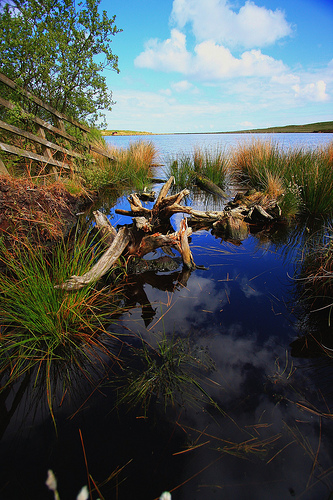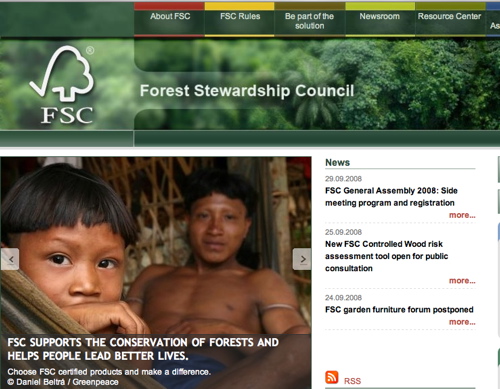 Gazing into the future of a carbon market, two things seem certain: a fundamental change to the economy and sweeping land reforms.
Gazing into the future of a carbon market, two things seem certain: a fundamental change to the economy and sweeping land reforms.
There are two well known and highly charged sayings about land:
- —–agriculture is the foundation of economic growth
—–all land use is inherently political
The fast approaching world of a carbon market could see how we use land becoming the most important issue in stopping climate change becoming a disaster for mankind.
Forestry immediately springs to mind. The Copenhagen Conference on Climate Change in 2009 is expected to incorporate rainforests into global emissions trading, and many carbon offsetting schemes rely upon plant-a-tree initiatives.
Biofuel crops are another example. These are being developed for agricultural use with the twin aim of reducing carbon emissions and providing an alternative for ever more expensive petroleum based gas.
Now the idea of using wetlands as a carbon sink is starting to gain traction. As an alternative for carbon storage they have been compared favourably to rainforests and with good reason.
A recent study by the US Geographical Survey has found that restoring drained farmland to wetlands is 30 times more effective at storing carbon than planting forests.
What is more, wetlands are a global habitat available across the world in all climatic conditions. Their use, management and preservation look set to becoming an imperative in staving off runaway climate change.
Rethinking Environmental Management and Land Use
[social_buttons]However, it need not end there. Initiatives to work with the natural environment instead of seeking to dominate it should be developed alongside technical and scientific efforts to combat climate change.
For example, the EU has been tinkering with a policy of requiring proportion farmland be “set aside” for wildlife for over two decades.
The policy is a direct acknowledgement that we rely upon local and global network of interlinking eco-systems and similar realisation of the interconnected ecology of our environment seems to be growing at the highest levels in the USA.
From the perspective of a carbon market, this realisation could place the Bureau of Land Management, private farmers and various conservation groups at the heart of a carbon neutral economy.
A new Land Management sector could emerge, unifying these now disparate concerns and making them as powerful as oil is today. However, such a shift would also be inherently political.
The USA may have elected a “time for change” president, but there are other, deeper changes going on whose ultimate outcome no politician or economist can fully predict.
The challenges and changes are only just beginning.
Picture Credit: “Black Clough” by Neil’s Photostream on Flickr under Creative Commons Attribution License.







Great post. It is great to see blended value investment opportunities. Beartooth Capital, http://www.beartoothcap.com/ is a PE group out of MT, with an interesting approach.
Great post. It is great to see blended value investment opportunities. Beartooth Capital, http://www.beartoothcap.com/ is a PE group out of MT, with an interesting approach.
Restored wetlands! How fantastic for everyone…I miss squishing my feet in mud and I hope I can introduce my boy to it soon. (Well, next year.)
Restored wetlands! How fantastic for everyone…I miss squishing my feet in mud and I hope I can introduce my boy to it soon. (Well, next year.)
“Initiatives to work with the natural environment instead of seeking to dominate it should be developed alongside technical and scientific efforts to combat climate change.”
Hear, Hear!
“Initiatives to work with the natural environment instead of seeking to dominate it should be developed alongside technical and scientific efforts to combat climate change.”
Hear, Hear!
Thanks for the comments so far chaps, and for the link John-Paul. I’ll follow that up and see where it takes me.
Wetlands may be the start of this .. what other natural environments do people think would be worth restoring? There’s much fuss made in the UK about meadowland. What about prairies which have been swallowed by agriculture?
Thanks for the comments so far chaps, and for the link John-Paul. I’ll follow that up and see where it takes me.
Wetlands may be the start of this .. what other natural environments do people think would be worth restoring? There’s much fuss made in the UK about meadowland. What about prairies which have been swallowed by agriculture?